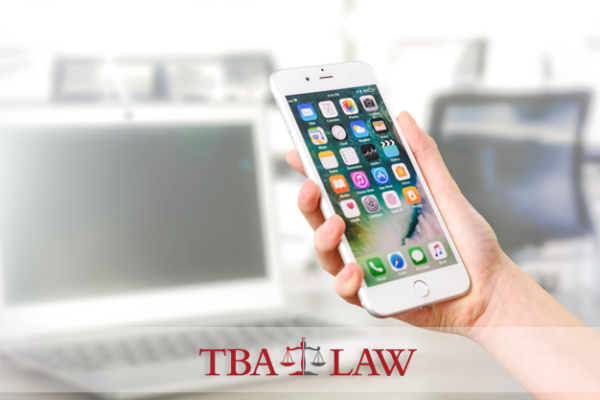Digital assets and death
The Internet is changing our lives, and the speed of the change is only going to increase exponentially. In October 2014, the number of phone SIMS cards exceeded the number of people on Earth for the first time. 42% of the world’s population is online, and this is only going to increase at a faster rate. But the law is now keeping up with this new concept of border-less connectivity.
A key issue is how far digital assets fit within existing legal paradigms, and whether new law is needed. Generally assets only fall into the estate of a deceased if they are “property”. Some digital assets are too evanescent to be property. Also, digital assets are controlled by online businesses and custodians, which is another key issue to dealing with them.

There are 2.4 billion Facebook users. We all have a lot of our photos and contacts in either Facebook, LinkedIn or Instragram. We store our digital libraries in DropBox and other cloud services – our professional photography or writing or digital artwork. Videos might also be stored in DropBox, or uploaded to YouTube or Vimeo. We buy music, movies and TV series through iTunes. Our lives are increasingly interwoven into the online space.
Yet, what do we actually own? What can our families recover or control if we die? Is all the online aspect of our lives gone or uncontrolled once we die?
There are three main types or groups of digital assets or accounts that we engage with online. Some are valuable to use and others aren’t:
- licensed products
- social media platforms
- cloud storage accounts
Licensed products are like our iTunes accounts – we don’t own that music or those movies that we buy rights to watch or listen to. What we have accumulated is not transferable to someone else when we die.
The problem with cloud storage accounts is that it is a breach of the terms and conditions if a family member accesses your account to recover everything if you die. They could refuse a family member access or allow them to recover passwords.
Then with social media platforms, you can download some of the information you post, but how much of this to you want to live on, and in what form?
Most of the companies that we have accounts with online, on matter which of the main groups they fall in, at companies based in the USA. However, when a USA company deals internationally, the often have an arm established in Ireland that deals with non-USA citizens. So European laws will apply to your accounts.
European laws don’t necessarily recognise our powers of attorney, or our probate laws, or the authority of an executor to recover assets.
So that your online assets are not forgotten about, lost, unrecoverable, or become uncontrollable, your digital assets need to be considered as part of your estate planning. Many estate planners don’t consider digital assets at all, but it can be easily addressed by creating express powers for your executors in your Will, and express powers for your power of attorney.
Make sure you see the right lawyer who knows how to address digital assets.
For further information about iTunes, click here.
For further information about Facebook, click here.






Leave A Comment